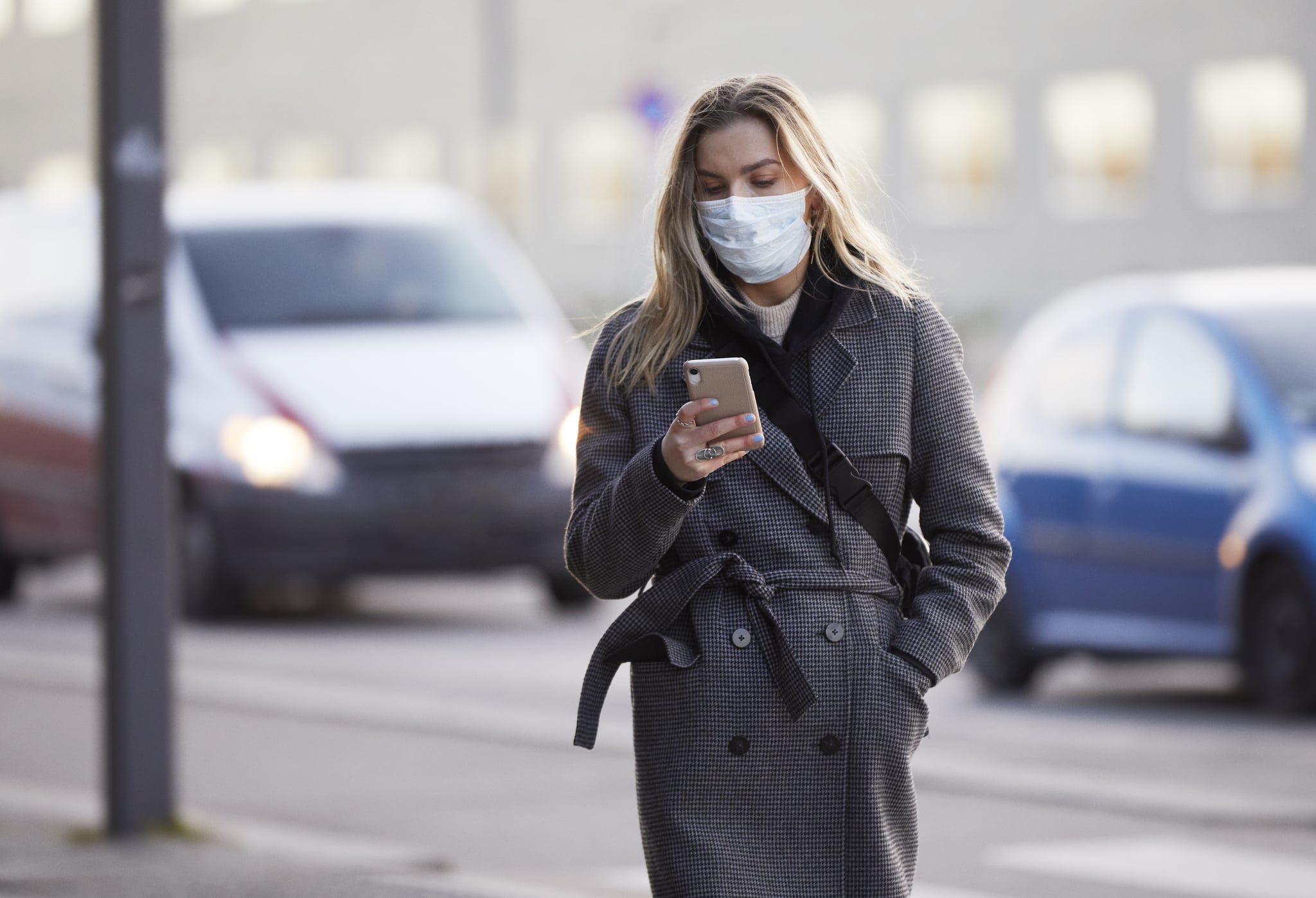With fall quickly approach, experts are already making predictions about the upcoming cold and flu season.
In fact, state and local health agencies have already begun prepping for a wave of respiratory illness similar to last year, which brought forth an influx of COVID-19, flu, and respiratory syncytial virus (RSV) cases.
“We are very, very concerned about the upcoming pan-respiratory season,” Marcus Plescia, MD, MPH, chief medical officer for the Association of State and Territorial Health Officials, said in a briefing Wednesday, per CNN.
“The focus for the fall will be clear and integrated messaging, especially for people who are most at risk, because we’re talking about a unique new normal of coexisting respiratory viruses,” Lori Tremmel Freeman, chief executive officer of the National Association of County and City Health Officials told CNN.
Dubbed a “tripledemic” or “tridemic,” these three infections caused a surge in illness, overwhelming some hospitals, and affecting millions of Americans in the fall and winter of 2022.
In fact, the Children’s Hospital Association and the American Academy of Pediatrics called on the federal government in a Nov. 14 letter to declare a state of emergency to address the “alarmingly high rates of RSV and other respiratory illnesses” amid workforce shortages.
Experts fear the same could happen this season. So what does this mean for you and your family? Here’s what you should know about the potential tridemic and how to stay safe.
What to Know About the Tridemic
Dean Winslow, MD, an infectious-disease doctor at Stanford says a tridemic of COVID-19, the flu, and RSV in fall and winter is not a major surprise to the medical community. “You’re indoors more, and with viruses that are spread by small-particle aerosols and droplets, you’re more likely to be exposed in an indoor environment,” he tells POPSUGAR. Relaxed travel restrictions, decreased mask-wearing, and low rates of vaccination for the flu and COVID-19 (particularly the bivalent booster) are also playing a role in the increased spread of these illnesses, he says. RSV, in particular, is very common — nearly all children get an RSV infection by their second birthday, according to the CDC — but may surge as young, pandemic-born children go into restriction-free areas and are exposed for the first time, experts told CNN.
It’s worth noting that you’re unlikely to contract more than one of these viruses at the same time, Dr. Winslow says, because your body’s immune response from fighting off one of them should provide some “very short-term” protection from the others. That’s at least some good news, because coming down with just one of these viruses is taxing enough. RSV can lead to more severe conditions like bronchiolitis, an infection of the small airways in the lung, which is especially dangerous for small and premature infants. Immunocompromised adults are also at greater risk of experiencing RSV complications and more serious cases of COVID-19 and the flu. And from a broader perspective, the overlapping surges of COVID, the flu, and RSV have the potential to overwhelm healthcare services that are already under strain.
How to Protect Yourself During a Tridemic
Getting vaccinated against COVID-19 (including boosters) and the flu is the number one way to stay safe during a potential tridemic. For large gatherings, keep in mind “the more people one is exposed to, the more chance there is for respiratory virus transmission to occur,” infectious-disease expert Amesh Adalja, MD, senior scholar at the Johns Hopkins University, says. Each event also has its own dynamics (e.g., the ventilation, the vaccination status, etc.) that affect the risk for attendees, Dr. Adalja adds.
It’s important to “encourage people to stay home when sick, wash hands frequently, and if [you’re at] high risk for severe disease, wear a mask in congregated indoor settings,” Dr. Adalja says. “For extremely high-risk individuals, they can ask people to test for COVID pre-event.”
It’s also a good idea to dine and socialize outdoors when possible. “A lot of us in infectious diseases are still personally being very careful,” Dr. Winslow says. “Those are just small, prudent steps that you can take to additionally protect yourselves and protect others.”
For any social gatherings — or any situation where you’ll be around other people — masking is one of the most important preventative measures to keep you and others safe from infection. Dr. Walensky is encouraging masking, especially for those who live in areas with high rates of COVID. You can check your community levels and the CDC’s specific guidelines for your area using their tracking page.
If you’re not feeling well, make sure to take a COVID-19 test or a flu test (available at most pharmacies) and to stay away from others to avoid further transmission. While some cases of COVID-19, RSV (especially in adults), and the flu can be managed at home, Dr. Winslow recommends going to a doctor if you’re experiencing a persistent high fever or shortness of breath, which are concerning symptoms experienced across all three illnesses.
For COVID-19, other signs to see a doctor include persistent pain or pressure in your chest, confusion, inability to wake up or stay awake, and discolored (bluish) skin, lips, or nail beds, according to the CDC. For the flu, see a doctor if you’re experiencing faintness, a severe sore throat, or a cough with lots of green or yellow mucus, according to UCSF Health. For RSV, the Mayo Clinic notes that warning signs to go to the doctor include bluish and discolored skin, lips, or nail beds in addition to high fever and difficulty breathing.
— Additional reporting by Alexis Jones and Sara Youngblood Gregory
